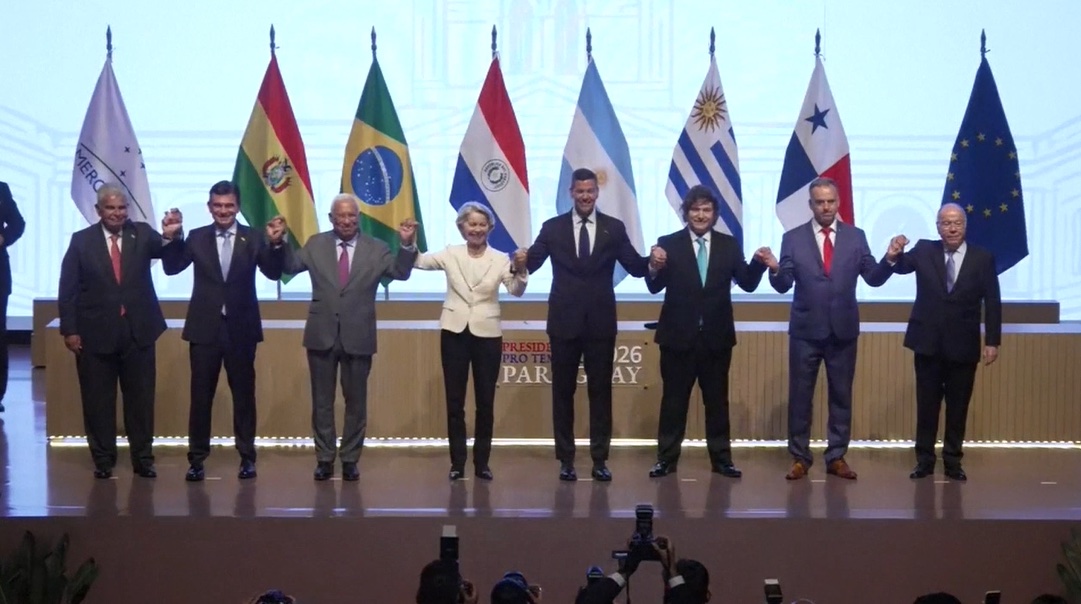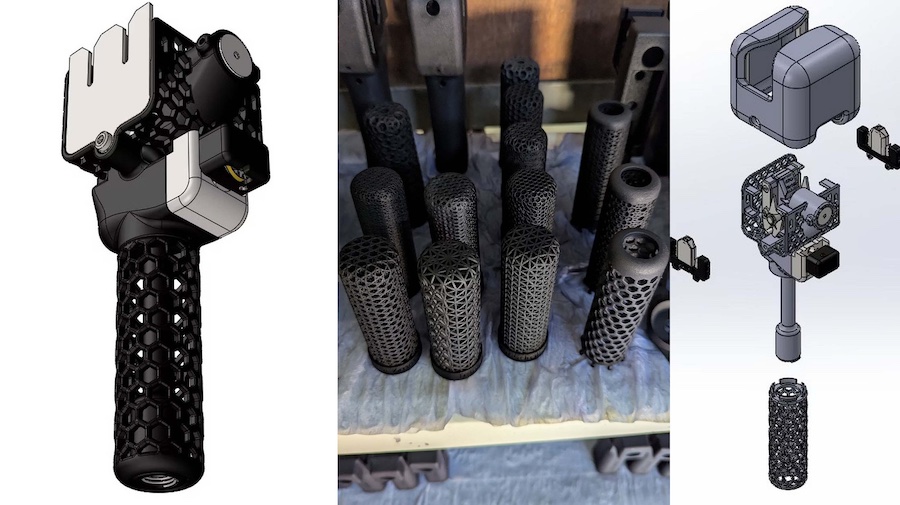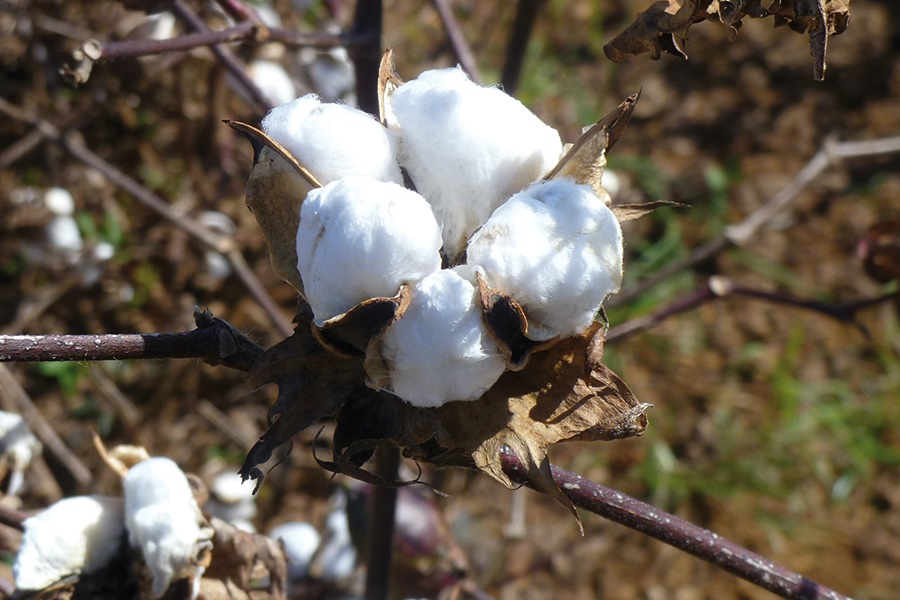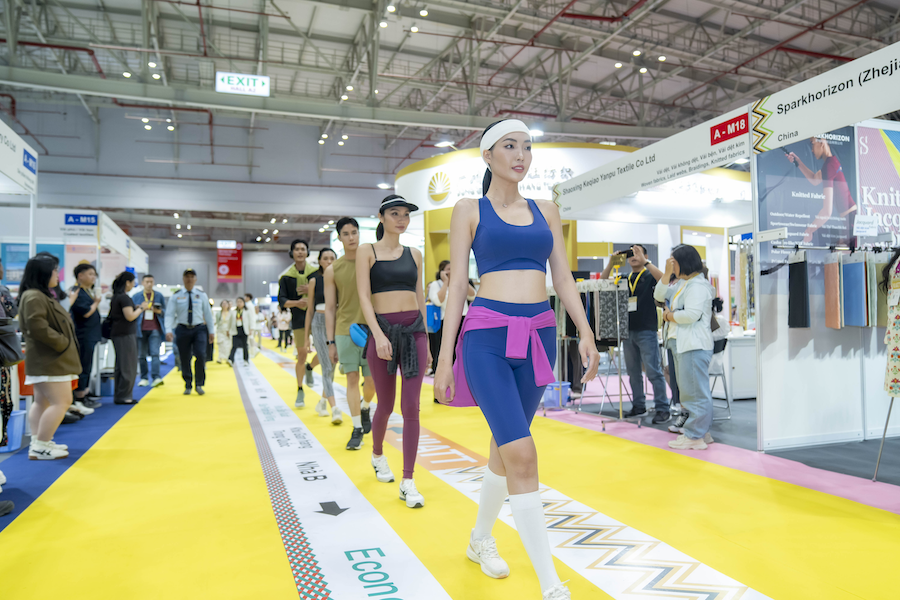#Associations
European TCLF sectors: Social Partners demand dedicated EU action to safeguard the industries and their workers
On 25 May, employers’ and workers’ representatives for the European TCLF sectors met with the European Commission to discuss the current challenges facing the TCLF industries and potential EU action to help support the sectors and their workers. Following discussions on the terrible impact of COVID-19 on the sectors and the need for a strong EU action, the Joint Statement: ‘’The future industrial strategy of the EU Textiles Ecosystem (TCLF sectors)’’ was adopted.
The Joint Statement highlights the need for a dedicated strategy with support at national and EU level to help the TCLF sectors survive following the COVID-19 pandemic, while they continue to face tough, and, sometimes unfair, global competition. The Social Partners of the TCLF industries fully support the EU’s ambitions for a green and digital transition of the sectors, but insist on concrete European measures to help the industries transform while the continues to suffer from an unlevel global playing field.
Specific joint demands include: full engagement with Social Partners in both the recovery and the transition of the industries, support for the EU Pact for Skills for the relevant ecosystem, a revision of the GSP which doesn’t negatively impact the sectors and its workers, support to decarbonise the sectors, careful consideration of the Due Diligence Legislation and quality dialogue with Social Partners ahead of the EU Sustainable Products Initiative and the Consumer Agenda to ensure that all policy gaps are addressed. Special attention must also be given to the forthcoming EU Textiles Strategy which should fully represent the needs of the EU’s entire textiles ecosystem.
Dirk Vantyghem, Director General of Euratex, said:
“We look forward to working with the Social Partners and the EU institutions to roll out a coherent and effective strategy for our industry. We need to build a new business model, based on quality, sustainability and innovation. Our companies should operate in open and fair markets.”
Carmen Arias, General Secretary of CEC, said:
“Representing more than 95% of our sectors, SMEs are the main target of the updated Industrial Strategy. They need tailored and easily accessible financial support, as well as proportionate measures to enable them to lead the twin transition. We can build a more resilient ecosystem by ensuring that the specificity and needs of our industries are considered in the development and implementation of the Strategy at regional, national and EU levels.”

Gustavo Gonzalez-Quijano, Secretary General of Cotance, said:
“The companies and the people working in Europe’s TCLF ecosystem excel not only in generating wealth and jobs for our economy, but also their creativity is a distinctive cultural feature that is unparalleled in the world. It is therefore essential that our regulators apply the utmost care in finding the right mix of incentives and directives for ensuring their sustainable development and that their service to society is not compromised.”
Judith Kirton Darling, Deputy General Secretary of industriAll Europe, said:
‘’The TCLF sectors in Europe employ over 2 million people, with many of these workers playing a crucial role during the COVID-19 pandemic by producing personal protective equipment, such as masks and gowns. We owe it to these workers in Europe to make sure that the sectors come out of the pandemic ready to face the green and digital transition which is top of the EU’s ambitions. Workers are ready to meet these challenges and we call for investment in the factories and their workforces to ensure a positive and green future for the TCLF industries in Europe, with high quality and well paid jobs for its workers.’’















